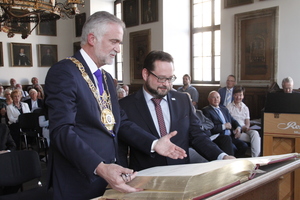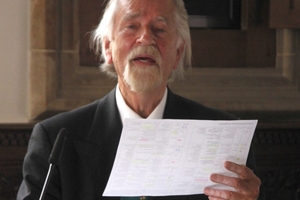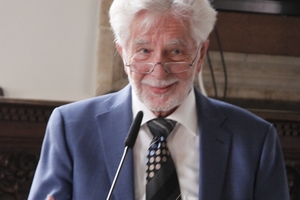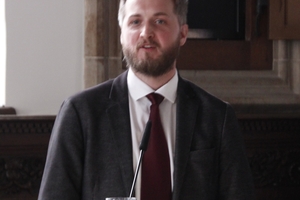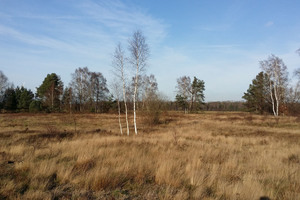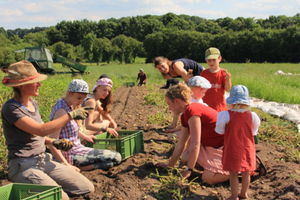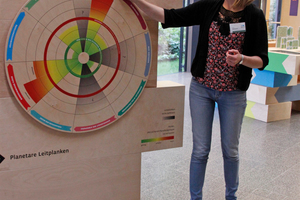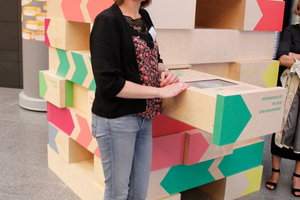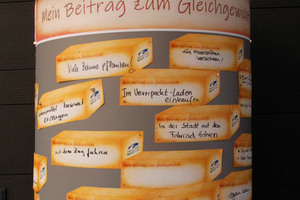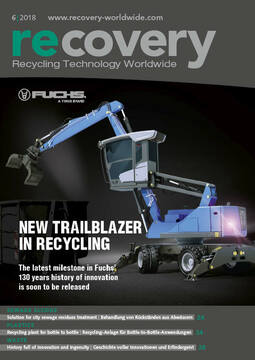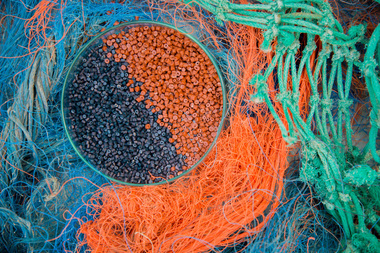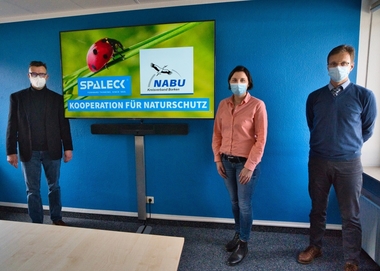Nature conservation and religion - first project week in Osnabrück
The project week, organized by the NGO “Religions for Peace”, local group of Osnabrück along with the “Round Table of Religions” had set itself to the task of linking people engaged in nature conversation with religious communities and enhancing the awareness and sensitization to nature conservation and biodiversity.
The project week was ceremoniously opened on Sunday 2 September, at 5 pm in the Town Hall of the Peace of Westphalia within the framework of a ceremonial act.The “Friedenssaal” (hall of peace) provided a worthy setting for the event. Wolfgang Griesert, Mayor of the town of Osnabrück, welcomed the invited guests. Above all, he highlighted the importance of synergies and networks in the field of nature conservation. He furthermore emphasized that given the species extinction and the global climatic changes massive conflicts might arise. A peaceful future requires rethinking. “The key to success lies within all of us!”, he accurately summarized the concern of the project week.
Afterwards, the German Federal Environmental Foundation (Deutsche Bundesstiftung Umwelt, DBU), Alexander Bonde was given the opportunity to sign the Golden Book of Osnabrück.In his ensuing welcoming speech he also went into the significance of biodiversity for all of us - biodiversity is the basis for our world to be able to function. In this context, the dialog, in particular with different religious communities, is important to win them over for nature conservation due to their ethical bases.
Prof. Dr. Reinhold Mokrosch, spokesperson of the “Round Table of Religions” and “Religions for Peace” gave an introduction into the project week. For 300 million years, there has not been such a massive mass distinction of species as we witness today. As an example, he mentioned whales and other marine animals that are dying due to the contamination of the seas by plastic waste. However, there are also many forces working for biodiversity on a local level. A community of mosques who arranged natural habitats around their building or a Christian cemetery converted into an environmentally valuable surface are examples. There are 23 different religious communities In Osnabrück. Despite religious differences, they all agreed on the plan to choose Osnabrück as the central location for the project week “Nature Conservation and Religions” 2018. The 18 events taking place in and around Osnabrück included, among other things, workshops, lectures, excursions and concerts illustrating the full variety of the topic of nature conservation with different means of expression.
“Respecting and protecting the integrity of nature is a key message of all religions. Thus, the key to a more sustainable treatment of nature lies in the religious communities’ shared understanding of the meaning of life and nature,” highlighted Dr. Jürgen Micksch, managing director of the Abrahamisches Forum and chairman of the Foundation against Racism, in his statement.
“Nature conservation is a question of value - what is important for a society?” explained Andreas Mues from the Federal Agency for Nature Conservation. The ecological crisis cannot be considered in isolation, but must always be seen in context with the social crisis. Musical support for the opening ceremony came from Katja Rothfuss and Viola Mokrosch with songs on nature.
How do we keep our planet in balance? - A central topic of the exhibition MenschenWelt shown in the DBU‘s Center for Environmental Communication, which offered a guided tour through the interactive exhibits within the framework of the project week. To maintain a sound environment, certain limits of the planetary load capacity must not be exceeded. The concept of the planetary guardrails defines the limits within which environmental impacts and changes must be contained in order not to endanger the conservation of nature. Interactive exhibits, suitable for all age groups, took the visitors into the world of coral reefs, showed how much energy the production of our everyday items actually consumes, or focused on the consumption of drinking water. Also, the possibilities for autonomous acting and the active exertion of influence were highlighted in this context.
An exhibition on tour - at the end of 2019, the exhibition MenschenWelt can be borrowed from the DBU (//www.aus" target="_blank" >www.aus:www.ausstellung-menschenwelt.de).
The concept of the project week „Nature Conservation and Religions“ will be continued in 2019. The nature conservation week will take place from 8 – 15 September 2019 along with the central event in Cologne.
https://abrahamisches-forum.de/mitteilung-religioeser-naturschutztag-und-planungstagung-2019

